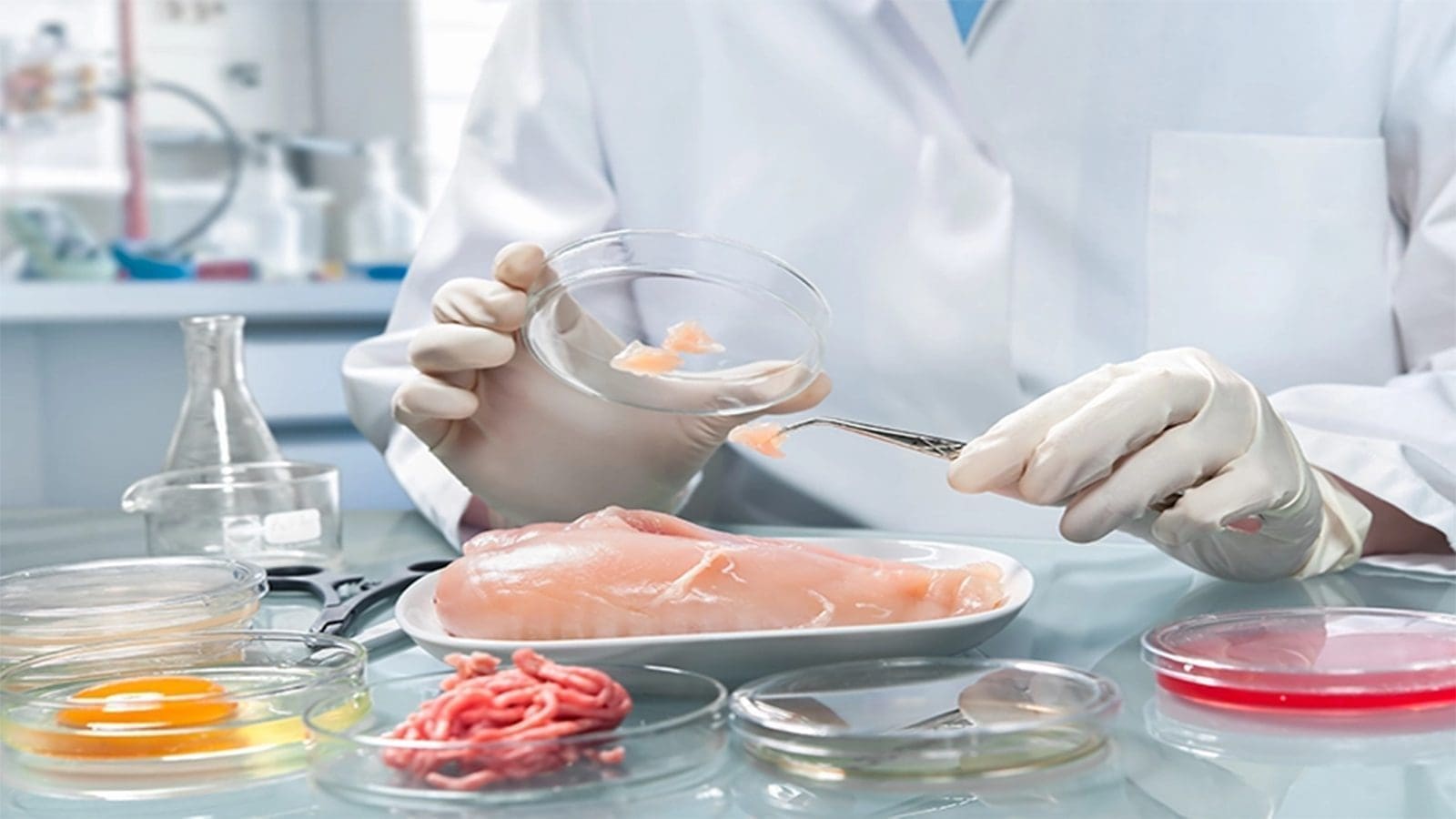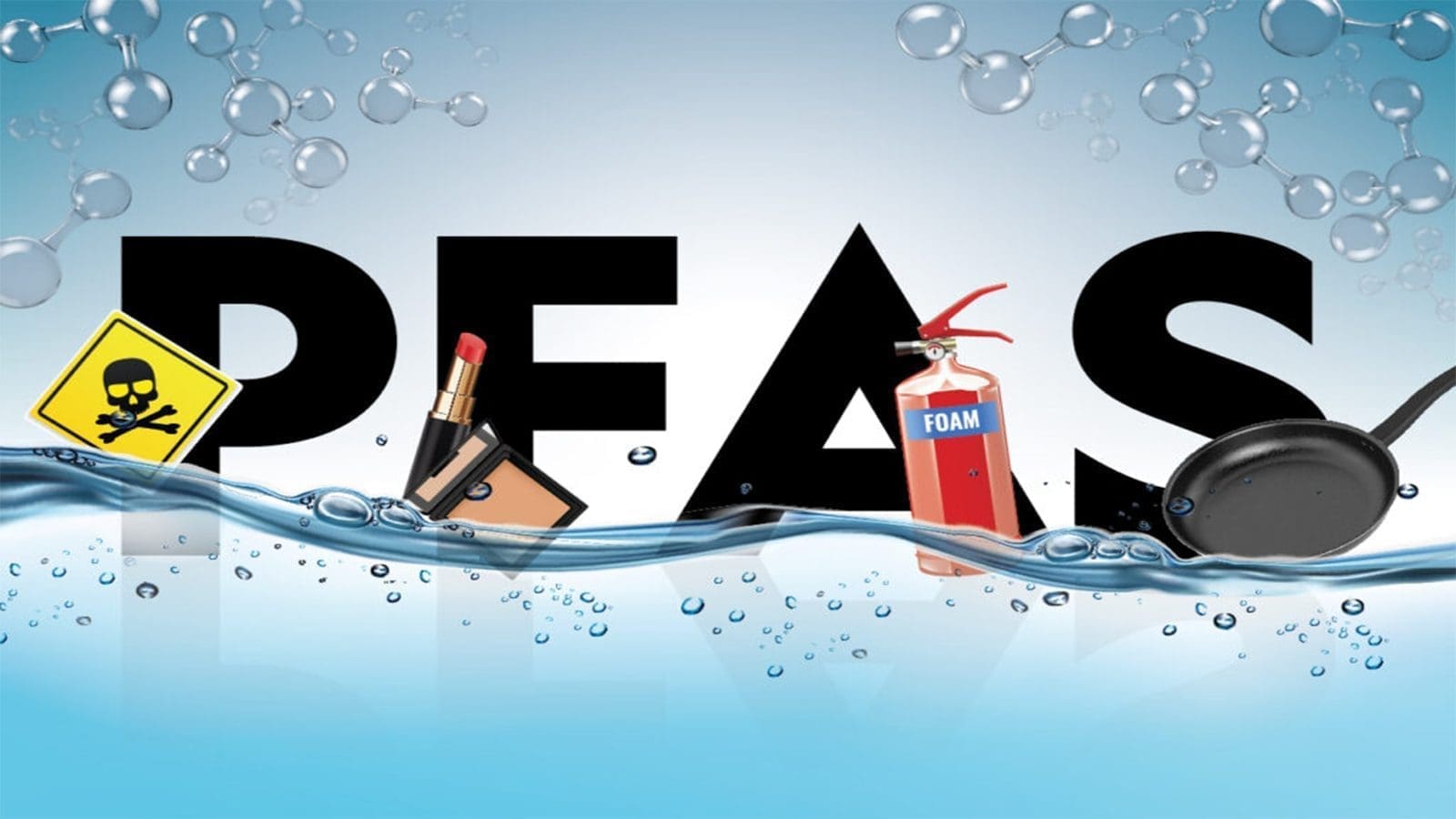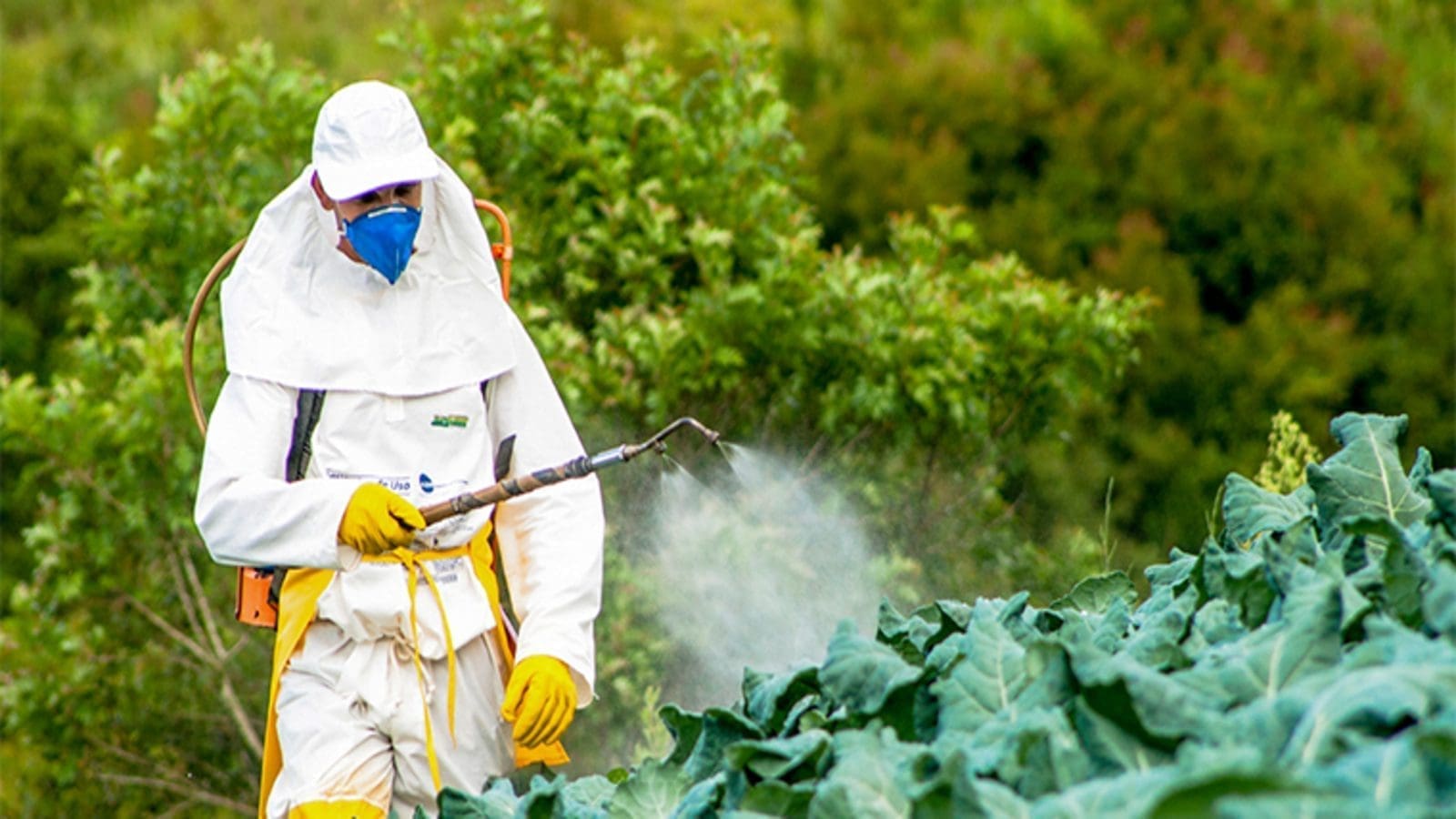GLOBAL – The global Food Pathogen Testing Market size is estimated to surpass U.S$ 9 billion by 2030, progressing at a compound annual growth rate of 7.9% from 2022 to 2030.
As per the report published by Global Market Insights Inc., a few of the leading industry drivers include the presence of key food safety regulations and strict monitoring by food safety organizations.
For instance, in the UK, the Food Safety Agency (FSA) was established to address the concerns associated with outbreaks of foodborne illnesses caused by pathogens.
Implementation of programs focusing on imported foods, hygiene policy, and compliance to reduce foodborne disease will foster pathogen testing developments, says the report.
The study also predicts that the rising incidences of food poisoning will necessitate campylobacter contaminant testing, taking the market to a CAGR of over 6.5% from 2022 to 2030.
Campylobacter is a bacteria associated with food poisoning and bacterial gastroenteritis. It causes foodborne illnesses via consumables such as contaminated chicken, raw dairy products, and undercooked meat.
Rising incidences of foodborne illnesses in developed countries with greater consumption of processed or raw meat will also expand the use of pathogen testing.
In addition, the report notes that the food pathogen testing market share from fruits and vegetables segment is anticipated to exhibit over 7% CAGR between 2022-2030.
Food pathogen testing is prominently done for fruits and vegetables to detect GMOs, chemicals, pesticides, and pathogens.
The complex supply chain comprising a long cycle of distribution and consumption for the products, Global Market Insights says, necessitates multiple interventions for quality assessment and pathogen testing prior to consumption.
Europe which has strived to strengthen food security, safety, and hygiene for consumers, is also expected to see a rise in its food pathogen testing market at a CAGR of 7.8% till 2030.
This will be backed by the rising investments in overall healthcare infrastructure to address outbreaks of foodborne diseases in the country.
For instance, in 2021, the government in Poland had announced an investment worth over USD 1.6 billion for enhancing its healthcare sector over the coming years.
As the impact of the COVID-19 crisis declines, food manufacturing companies will look to reinforce their supply chain capabilities to ensure better product safety.
According to the report, the changing trends and challenges brought by the pandemic has created a need to develop more secure and sustainable supply chain networks.
High consumption of dairy, cereals, packaged meat products and fruits in emerging economies will augment food pathogen testing applications across regions such as Asia Pacific, MEA and Latin America.
However, lack of awareness and compliance with food and safety norms among manufacturers in developing countries, in addition to infrastructure deficit, are key factors that could hamper the industry growth.
A shifting focus toward advanced storage infrastructure, enhanced food control capabilities and improved awareness may help to tackle the market restrictions.
The competitive landscape of food pathogen testing industry is comprised of leading organizations such as Lloyd’s Register Quality Assurance Limited, Campden BRI, Det Norske Veritas As (Dnv), ILS Limited and RapidBio Systems, Inc..
Others are Agilent Technologies, Thermo Fisher Scientific Inc, SGS S.A., Intertek Group PLC, Eurofins Scientific, Asurequality, ALS Limited, Genetic Id Na Inc., Silliker, Inc., Genon Laboratories Ltd, and Genevac Ltd., among many others.
These firms are focused on expanding their market position by means of new regional partnerships and acquisitions.
Liked this article? Subscribe to Food Safety Africa News, our regular email newsletters with the latest news insights from Africa and the World’s food safety, quality and compliance. SUBSCRIBE HERE








